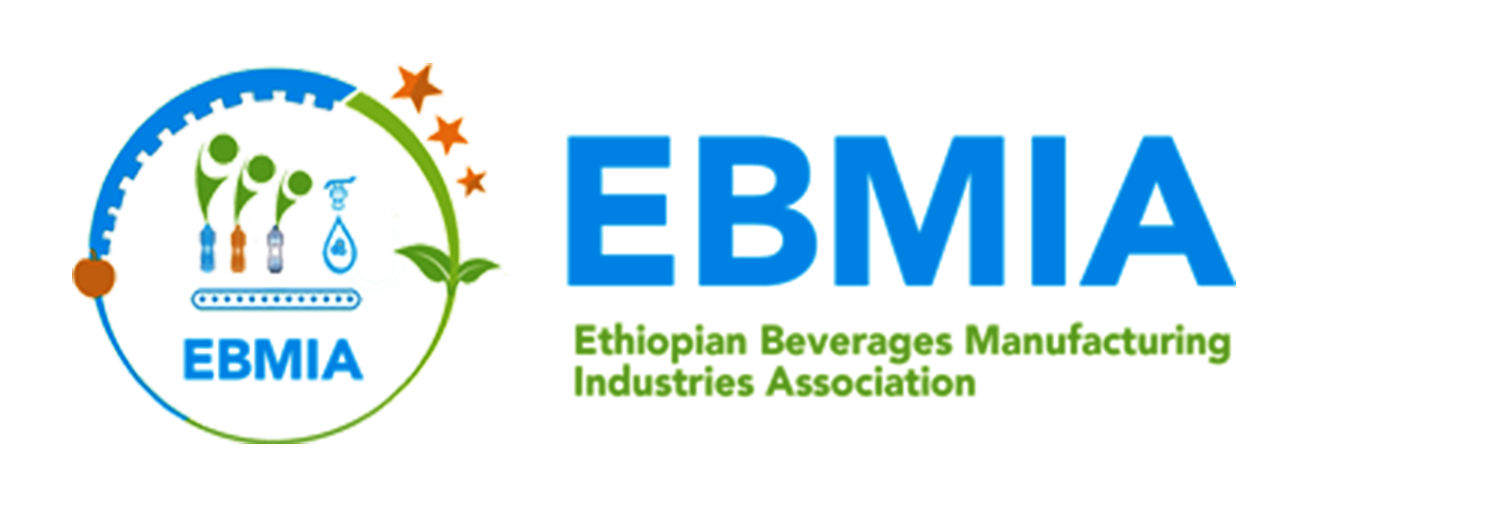Pleas to remove water from list of excisable commodities were denied
The “unreasonably high” excise duty imposed on packaged water is hindering bottlers from accessing the international market.The high production costs that water bottlers incur as a result of rising input costs and high taxes have a negative effect on their capacity to compete. Industry players see Djibouti and Somalia as potential export markets, but they have been unable to compete in these countries due to rising production costs.
Several stakeholders and Ministry of Finance officials deliberated on the proposed amendment to the excise tax proclamation at a public consultation meeting held last Wednesday, March 29, 2023, at the House of Peoples’ Representatives of Ethiopia.
Participants in the meeting, which was presided over by Desalegn Wodaje, chair of the Plan, Budget and Finance Affairs Standing Committee, included representatives from water bottling companies.
The companies have expressed concern about how the imposition of the excise tax “unnecessarily places pressures” on their operations.
Water bottling companies’ products are classified as excisable goods, and a 10 percent excise duty is levied on the final sale. According lobbying group leaders, the levy, combined with rising input prices, has decimated the business.
The Ethiopian Beverage Manufacturing Industries Association has over 200 members, 107 of which are water bottling companies. Getnet Belay (Eng), the association’s board president, stated that approximately 25 percent of the 107 water bottling companies have now ceased operations.
“Inputs for water bottle are made from petroleum byproduct, which is why the price of water increases every time the price of petroleum increases,” Getnet said, explaining how their production cost is spiking.
He also said that taxes, like the 10 percent excise tax and the 15 percent Value Added Tax, have made their situations worse. “Even television is now proposed to be exempted from excise tax. Why isn’t water receiving the same tax treatment that salt and television are receiving?” he questioned.
Eying Djibouti as an example, Getnet says his association members have the desire to export water to Djibouti. He further clarified how the situations that made their water products expensive made it impossible for them to generate the foreign currency the country needs.
“Djibouti is now importing water from France,” he said.
The industries in the association have the capacity to produce up to 30 million liters of water each day, and assuming a person consumes two liters per day, almost 15 million individuals should be able to drink bottled water per day. According to the findings of the association, less than eight million people out of the over 110 million population drink bottled water.
“Unlike other countries, not even 10 percent of the public drink bottled water,” Getnet told the participants in the meeting.
Water industry executives from Top, Debre Birhan, and One have all urged authorities and executives to consider exempting water from the excisable commodities list because “it is never a luxury commodity.”
According to Tewodros Tadesse, a representative from Top Water, the pricing of his products was affordable, and sales were doing well prior to the imposition of the excise tax and the recent increase in their input prices. He explained that the number of consumers is currently falling due to these factors.
Tewodros was particularly concerned about the missed opportunities to export water, claiming that there is huge potential if explored with expertise. He asserted that rising manufacturing and taxing costs are preventing them from pursuing this potential.
“At least the tax should be reduced as we have already started making deals and began the process of exporting water. We have the potential to expand production and earn the hard currency to the country,” he said.
In his response to the concerns raised by the bottlers, tax advisor to the Ministry of Finance, Wasihun Abate, debunked the claim that water was considered luxury when imposing the excise tax. “The society doesn’t have enough water access due to lack of money. So we wanted to take some money from the people who have the capacity to buy bottled water and expand the water infrastructure,” he said.
Wasihun recalled the concerns voiced by bottling companies in 2020, in response to which the excise tax rate has been reduced from 30 percent to 10 percent. Assuring that his office will not reduce the rate, he argues that what makes water expensive is not the tax, but rather their operations costs.
“Our main concern isn’t for the few percent of people who drink bottled water, but for the whole public who have no access to any water at all,” Wasihun said.



